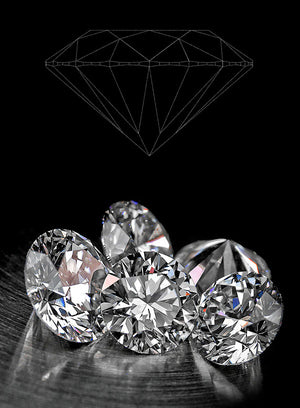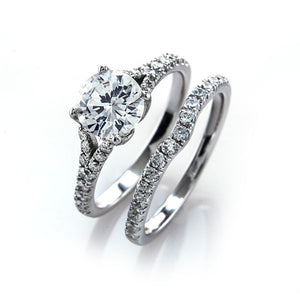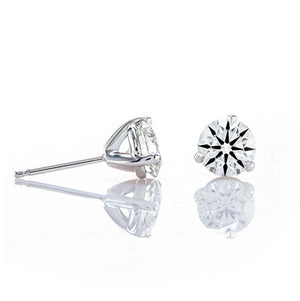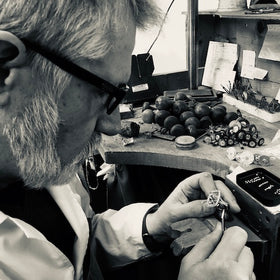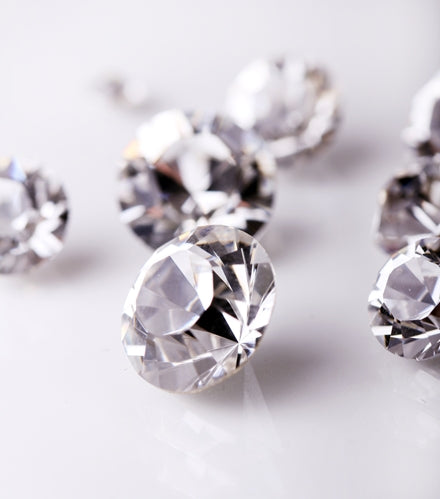
What to ask your jeweler about ethical diamonds
Before purchasing a diamond, it's important to inquire as to where that diamond came from. After much publicity surrounding conflict diamonds in Africa, consumers need to be more aware not only of what they are purchasing, but from whom they are purchasing and where their jewels originated.
Asking the right questions
Buyers should ask their retailer this comprehensive list of questions before purchasing a diamond to ensure they are not inadvertently contributing to the horrors of the blood diamond market.
- Where do the diamonds you sell come from?
- How do you know this?
- Can I see a copy of your company's policy on conflict diamonds?
- Can you show me a written statement from your suppliers stating that your diamonds are conflict free?
- Who audits your diamond supply chain?
- Are the audits carried out by independent third parties?
- Do your company suppliers participate in the System of Warranties?
- Does your company participate in the Kimberly Process Certification Scheme?
Red flags to watch out for
If the jeweler refuses to answer any of the questions above, he or she may not be a reputable seller of conflict free diamonds. Hesitation or having to inquire with another manager regarding this subject matter is another red flag to look out for.
If the jeweler is able to supply you with the appropriate paperwork, there is a particular statement to scan for. In order for a retailer and supplier to be in compliance with both the Kimberley Process and the System of Warranties, the Kimberley Process website states that all invoices must have the following written consent:
- "The diamonds herein invoiced have been purchased from legitimate sources not involved in funding conflict and in compliance with United Nations resolutions. The seller hereby guarantees that these diamonds are conflict free, based on personal knowledge and/or written guarantees provided by the supplier of these diamonds."
Kimberley Process vs. the System of Warranties
This statement ensures that both rough and polished diamonds have been certified conflict free and have not been manufactured, bought or sold through notorious sources. Keep in mind that although the Kimberley Process fully supports the System of Warranties, these two ethical amendments are not the same. The Kimberley Process protects against rough cut diamonds whereas the System of Warranties helps deter both rough and polished conflict diamonds from being sold.
The Brian Gavin team is dedicated to providing diamond education to our customers and the greater society. Our company works to ensure that only certified, conflict free diamonds are used in our custom jewelry.





